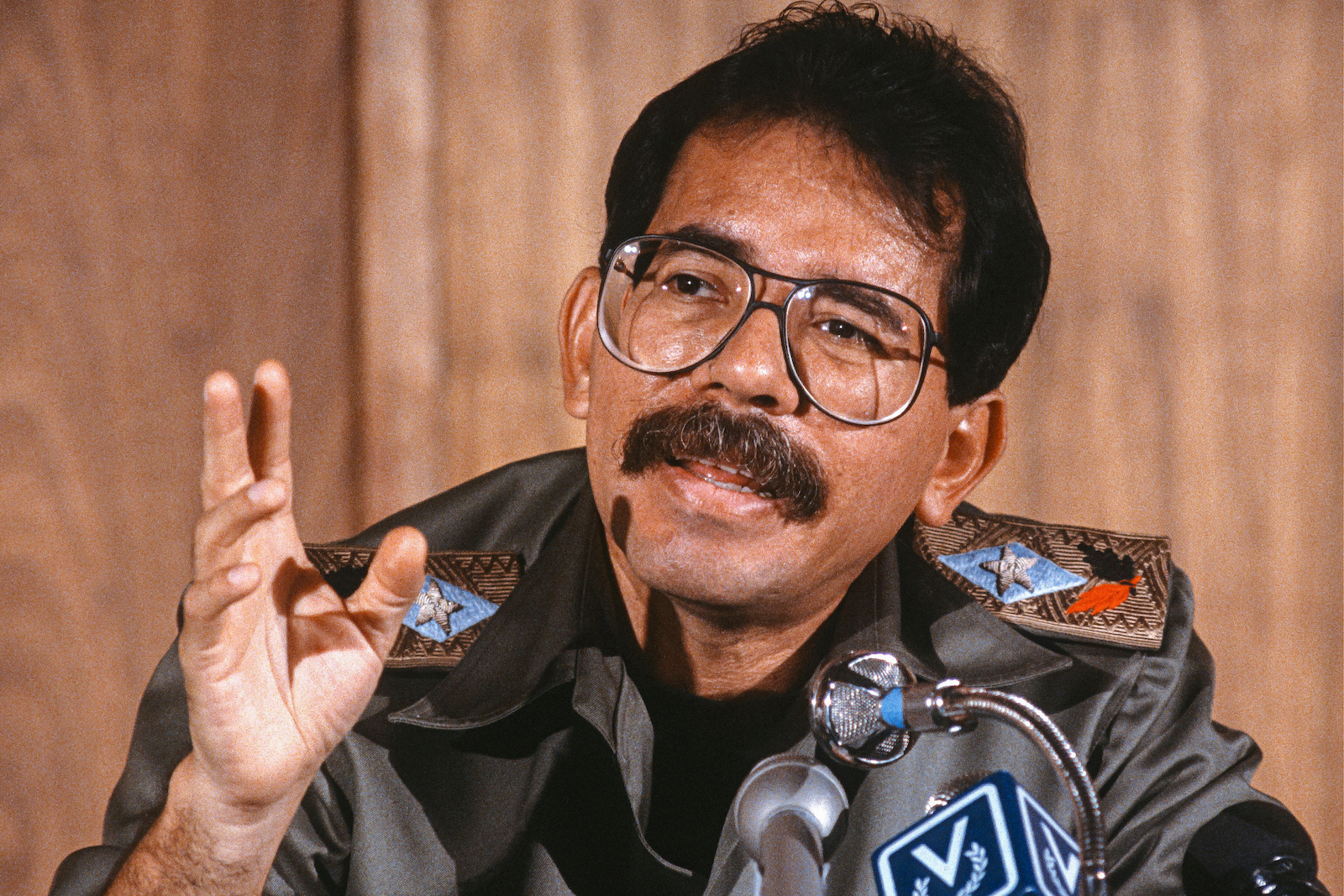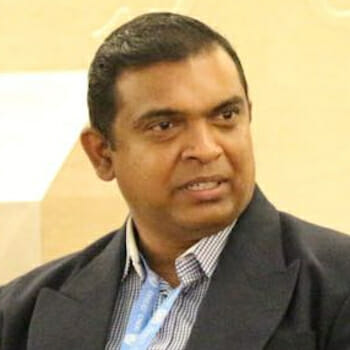
Nicaragua’s Ortega has Turned his Autocratic Ire on the Jesuits
For nearly five centuries, the Jesuits have been a global force in education, fostering critical thinkers and trailblazing leaders. Their mission has often placed them in the crosshairs of dictators and autocrats, leading to their expulsion from more than seventy countries—most recently, Nicaragua.
Operating covertly in places like Russia, China, and Myanmar, the Jesuit Order remains committed to the cause of conscience and action.
In a bitter twist of irony, Nicaragua’s President Daniel Ortega—an alumnus of Universidad Centroamericana (UCA), a Jesuit institution—has spearheaded a campaign to dismantle this educational stronghold. Not just Ortega, but also his three sons were molded by Jesuit pedagogy. Yet, today, he stands in stark opposition to his alma mater.
The rift traces back to 2018 when the Jesuits aligned themselves with student protests calling for Ortega’s ouster. The school opened its doors to shelter those wounded by police gunfire. Fast forward to 2022, and the Sandinista regime seized control of UCA, along with 26 other universities, as a reprisal for their stance. Accounts were frozen, assets seized, and the once-proud institution now flies the Sandinista flag.
This suppression resonates deeply in Latin America, where Jesuit schools have long championed liberation theology, advocating for social justice for marginalized communities. UCA was no exception. It stood tall in condemning the Ortega regime’s social and fiscal policies that led to the killing of 30 protesters in 2018, including a student from a Jesuit high school.
Activists, students, and educators are leading a robust resistance, paying a high price in a nation where nearly 500 protestors have been killed since 2018. Thousands have been incarcerated or exiled, including nine potential presidential contenders whose assets were confiscated.
The Nicaraguan government’s vendetta doesn’t stop at the academic level. Even a nearby Jesuit residence wasn’t spared. Though ownership papers were produced to affirm its independent status, the Jesuits were forced to evacuate, leaving behind everything but their most basic belongings.
Education for justice lies at the heart of Jesuit principles, articulated eloquently by Father Pedro Arrupe, SJ, the former Superior General of the Jesuit Order. These values infuse Jesuit institutions in over 100 countries, including Nicaragua, where UCA has passionately embraced its role in educating young minds to be voices for the voiceless.
While the Jesuits have weathered persecution from Nazis, autocrats, fascists, and communists, their commitment to justice remains unbroken. The Sandinista regime may be a dark chapter, but history suggests that the resilient Jesuits—driven by the spirit of the “Magis”—will rise again to continue advocating for social justice within Nicaragua.
This isn’t merely a tale of suppression; it’s a stark testament to the resilience and moral commitment of the Jesuits, whose work has always been, and will continue to be, the antithesis of any oppressive regime.
